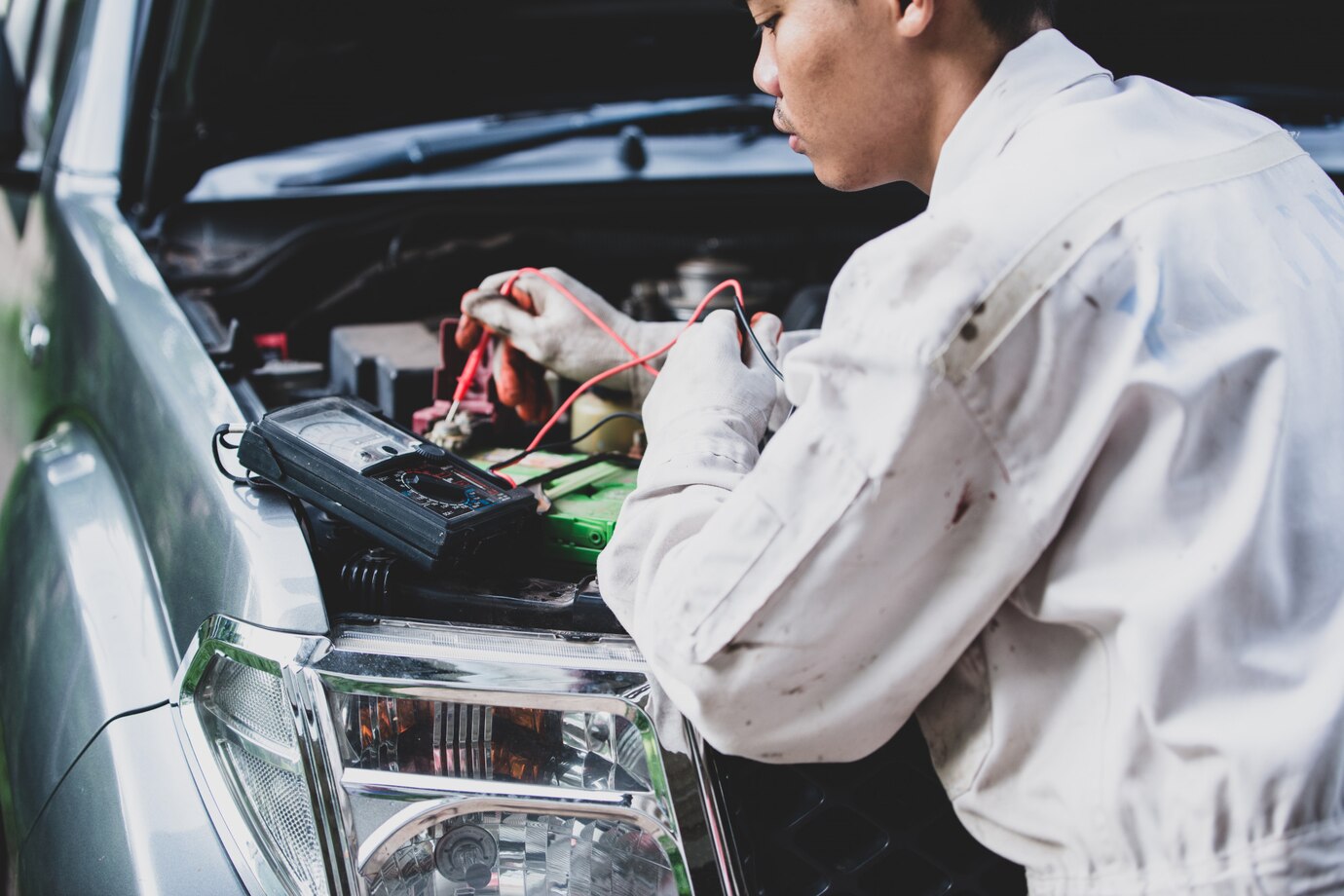When Should You Disconnect a Battery?

(Photo Credit: freepik)
A battery is an essential part of a car and other electrical devices.
However, there are times when disconnecting it is necessary for safety or maintenance. Let’s look at when you should disconnect a battery and what precautions to take.
When Repairing or Replacing Electrical Components
If you need to repair or replace parts related to the electrical system, such as the alternator, starter, or fuses, you should always disconnect the battery first to prevent short circuits.
When Replacing the Battery
Before removing an old battery, disconnect it properly by starting with the negative (-) terminal first, followed by the positive (+) terminal. This helps reduce the risk of sparks.
When Leaving the Car Unused for a Long Time
If your car will be parked for several weeks or months, disconnecting the battery can help prevent power drainage and extend its lifespan.
When the Battery Shows Signs of Damage or Malfunction
If the battery is swollen, leaking, or emitting a strange smell, you should disconnect it immediately and have it checked or replaced as soon as possible.
Precautions When Disconnecting a Battery
- Wear gloves and safety goggles to protect yourself from battery chemicals.
- Avoid letting the positive and negative terminals touch, as this could cause a short circuit.
- Ensure the engine is completely off before disconnecting the battery.
Disconnecting a battery properly and at the right time can help prevent potential issues and keep your car or device’s electrical system running safely.
Claim your free car valuation today!
Read More: What Causes Tire Blowouts? Here are Causes and Prevention!
Looking for a car appraisal? You can contact us for a free car valuation within 24 hours…
